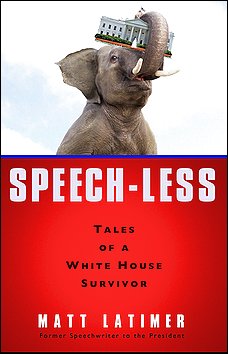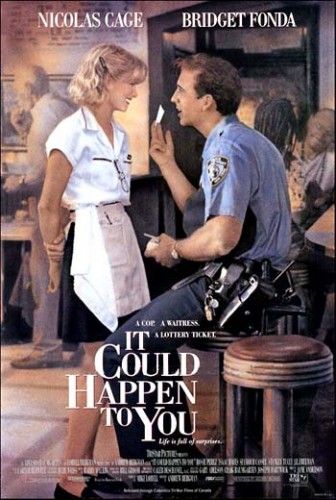Associated Press, September 17th, 2009:
House Speaker Nancy Pelosi said Thursday that the anti-government rhetoric over President Barack Obama’s health care reform effort is concerning because it reminds her of the violent debate over gay rights that roiled San Francisco in the 1970s.
Anyone voicing hateful or violent rhetoric, she told reporters, must take responsibility for the results….
“Our country is great because people can say what they think and they believe,” she added. “But I also think that they have to take responsibility for any incitement that they may cause.”
Christian Science Monitor (and other sources), June 19th, 2009:
In what may prove a pivotal point in the post-election crisis that has shaken Iran for nearly a week, Ayatollah Sayed Ali Khamenei took an uncompromising stand at Friday prayers.
“If there is any bloodshed, leaders of the protests will be held directly responsible,” declared Ayatollah Khamenei, speaking to an overflowing crowd of tens of thousands at Tehran University.
It may seem unfair to point out the similar rhetorical styles of Ayatalloah Khamenei, who is the religious leader of a repressive regime, and Nancy Pelosi, who is a congresswoman from San Francisco. But both use ridiculously dire warnings to paint their political opponents as not just wrong, but instigators of violence. Apparently in any country, when you can’t win by persuasion, you go with fear.
By the way, if Speaker Pelosi is concerned about “incitement,” she might want to send a memo to the DNC, whose spokesman said to government health care opponents:
[Y]ou will no longer be able to peddle your lies with impunity. Through tools like “Call ‘Em Out,” you will be met with a rain of hellfire from supporters armed with the facts and you will be held to account.
A rain of hellfire? Khamenei would be proud.
 As I mentioned last week, Matt Latimer, a former Bush Administration speechwriter, has written a book. Given
As I mentioned last week, Matt Latimer, a former Bush Administration speechwriter, has written a book. Given  This morning, former Clinton Administration Deputy Treasury Secretary Roger Altman discussed an array of issues on CNBC. Asked by Erin Burnett whether taxes on health care companies to pay for reform will be passed on to consumers through higher prices for health insurance,
This morning, former Clinton Administration Deputy Treasury Secretary Roger Altman discussed an array of issues on CNBC. Asked by Erin Burnett whether taxes on health care companies to pay for reform will be passed on to consumers through higher prices for health insurance,